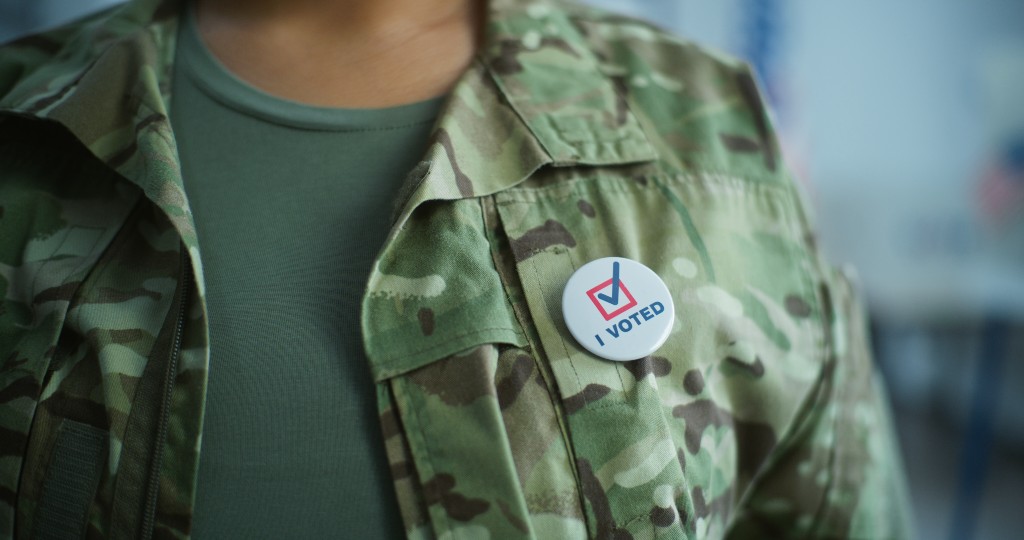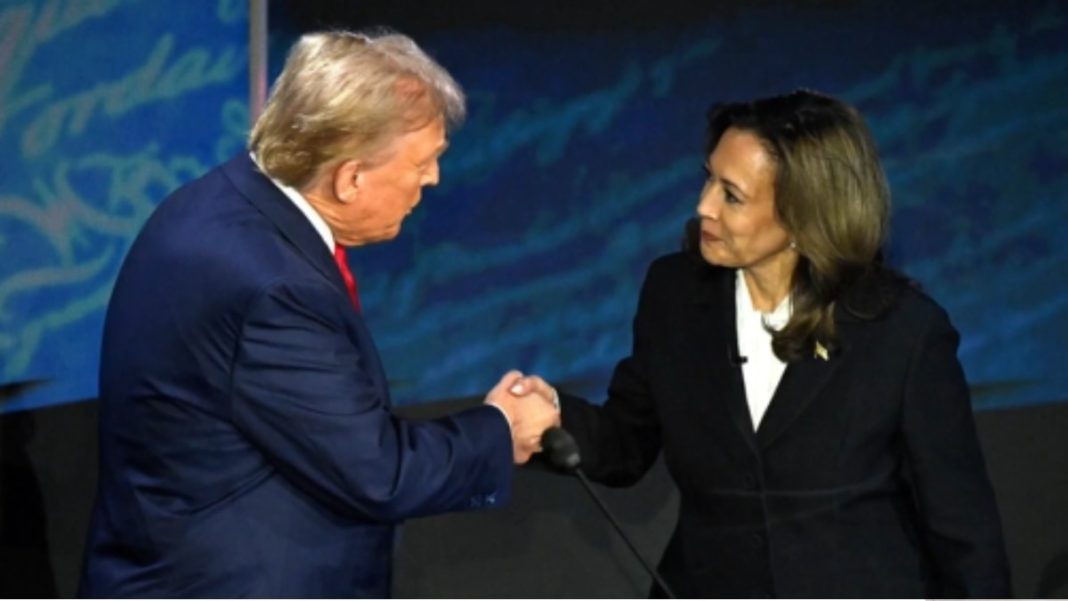Title: Legal Challenge Threatens Voting Rights of Overseas Americans Ahead of 2024 Elections
As the 2024 elections approach, a legal battle in Pennsylvania is raising alarms about the voting rights of U.S. citizens living abroad. A bipartisan law, the Uniformed and Overseas Citizens Absentee Voting Act (UOCAVA), was designed to ensure that Americans stationed overseas or residing abroad can cast their ballots and have their votes counted. However, a recent lawsuit filed by a partisan group is attempting to undermine this crucial legislation, potentially disenfranchising thousands of military and civilian voters just weeks before election day.
The Heart of the Matter: UOCAVA’s Purpose
UOCAVA, enacted in 1986 and signed into law by President Ronald Reagan, was created to protect the voting rights of American citizens who are away from their home states due to military service or other reasons. This law allows these citizens to participate in federal elections, ensuring that their voices are heard, no matter where they are in the world. It’s a fundamental right that underscores the essence of democracy in the United States.
The Lawsuit: A Partisan Move?
Despite the clear intentions of UOCAVA, a group of sitting members of Congress has filed a lawsuit in Pennsylvania, challenging the state’s method of registering overseas voters. They argue that the process is improper, despite it being in full compliance with UOCAVA guidelines. This move has raised eyebrows, as it appears to be less about genuine concerns over election integrity and more about sowing distrust in the electoral process.
The plaintiffs’ timing is particularly suspect. With over 25,000 absentee ballots already sent to overseas voters, their lawsuit could effectively invalidate these ballots, leaving many Americans without a voice in the upcoming elections. Critics argue that this is a calculated effort to create chaos and confusion around the electoral process, potentially setting the stage for claims of fraud even before the votes are counted.
Pennsylvania’s Commitment to Voter Access
Pennsylvania has long prided itself on ensuring that no citizen, especially those serving in the military or living abroad, is left out of the democratic process. This commitment has historically enjoyed bipartisan support, reflecting a shared understanding of the importance of enfranchisement. Both sides of the aisle recognize that allowing overseas citizens to vote is not just a legal obligation but a moral one.
The Bigger Picture: A National Concern
This lawsuit is not an isolated incident. It is part of a broader trend of election-related litigation that has emerged in recent months, often with the aim of undermining public confidence in the electoral system. Voter fraud, while often cited as a concern, is exceedingly rare, and states have robust safeguards in place to ensure that only eligible citizens can vote. Pennsylvania is no exception, and the state’s processes have been in place for years without challenge.
Looking Ahead: The Stakes Are High
As the case unfolds, many are hopeful that the judge will see through the plaintiffs’ motives and recognize the importance of protecting the voting rights of all Americans, especially those who serve the country abroad. The right to vote is a cornerstone of democracy, and it is vital that we do not allow partisan politics to infringe upon this fundamental right.
In the spirit of unity, it is crucial for Americans from all political backgrounds to stand together in defense of voting rights. Those who serve our country and seek opportunities abroad deserve the chance to participate in the democratic process without fear of disenfranchisement. This is not just a Democratic or Republican issue; it is an American issue that transcends party lines.
As we approach the elections, let’s remember the values that underpin our democracy and ensure that every voice is heard, no matter where in the world it may be. After all, the right to vote is not just a privilege; it is a fundamental duty of citizenship that should be protected for all.



